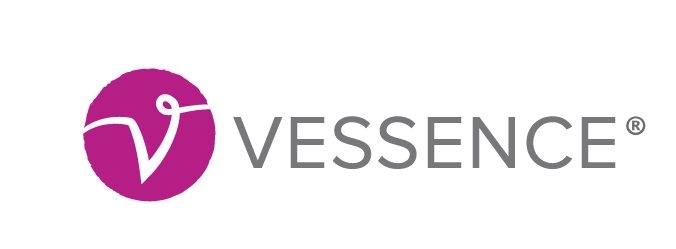Last Monday, I listened to an interview with Joseph Henrich, an expert on the evolution of human cooperation and culture. The day before the presidential election, it seemed important to hear from a Harvard professor about how our social interactions and connections influence how we evolve as a species. Maybe, I thought, it would help me understand the larger system of human movement toward and away from ideas.
Over the past week I've thought a lot about a particular part of that interview. Henrich suggests that the frequency with which we change the socially acceptable words for a minority is based on the degree to which that group is accepted by the majority. He noted that the socially acceptable word for African Americans used to be, "colored," then it changed to, "negro," then to, "black," and now, "African American." He noted that the frequency of that group's nomenclature shifted far more rapidly than, say, the minority that used to be called, "Oriental" and now are called "Asian."
His theory is that the words we use to describe different groups become charged with the negative views people have about that particular group. In an effort to free ourselves from the racism (or sexism or bigotry) that becomes associated with a word that represents one of these groups, our culture adopts a different name free of associations. He suggests that there has been less cultural bias against the Asian population than the African American population over the last 60 years, so their nomenclature has survived longer.
Instead of really digging into the underlying cultural biases, we look for new words to generate healing, acceptance and a fresh start for an entire group of people. This system of adding new words doesn't seem to have erased the underlying tensions that exist between people who are different from one another.
In this era where so many are rejecting political correctness, I hope that we can find a way to tie the words we use for our minority populations to the benefits we enjoy from having these groups in our lives. I hope we replace the taboo of talking about race, gender preference and even political ideology with open, respectful dialog so we can really figure out how to connect with people who are different than we are.
I facilitate a lot of strategic planning sessions and we always name desired outcomes of the team's work over the coming years. My desired outcome is that the names of our minorities don't need to change over the next decade because there is no longer so much bias wrapped up in the name that we need to start anew.
Will you join me in trying to achieve this goal? Not sure how to start?
Here are some simple ideas that just might change the conversation in your head.
- Ask someone in your life who is different than you if you can have a real conversation with them. Let them know you want to address the biases you have in yourself. Ask them to help you understand who they are and what they feel when they walk through the world.
- Try some food from a culture that feels far away from your own. Experiencing a small part of another culture, in a way that fulfills a basic human need, can open your mind to the beauty (and tastiness) of our differences. You can also experience the music, language or poetry of another group to narrow the cultural gap.
- Look for positive role models who are Muslim, Gay, African American, Women, etc. and share stories of those people with your communities. The more we spread the positive, the more we counteract the negative.
Build Community Within Your Team
Are you looking for ways to bring your team together? Do you want to build community within your organization and create a vision for the way forward? Give us a call to discuss what outcomes you are looking for and we'll design a retreat just for you. Whether you want to dedicate a half day, full day or even more, we'll help you align your team, inspire your people and gain buy-in for the way forward.
Using tools like cultural assessments and story typing, we shed light on what's unique about your group design ways to have the group work more effectively together to achieve your inspired purpose.



